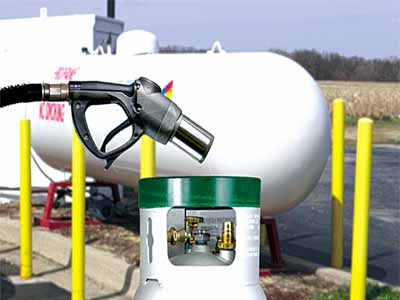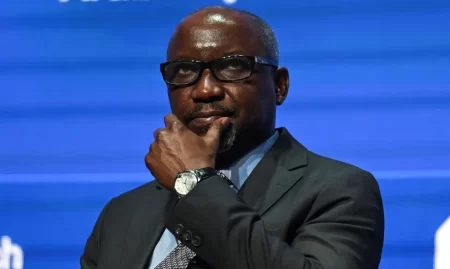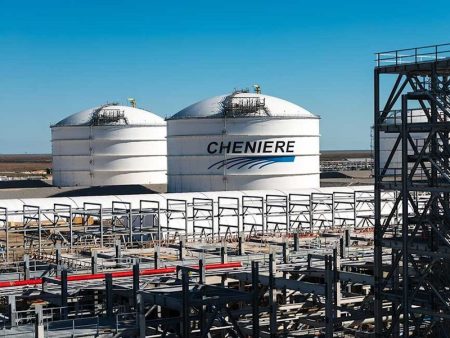
*Plans to set up 32,000 MDCs, train 5,000 youths
Ike Amos
Lagos — Minister of State for Petroleum Resources, Chief Timipre Sylva, Thursday, stated that the Liquefied Petroleum Gas (LPG) penetration policy, had been scheduled to commence June ending.
Addressing newsmen in Abuja, Sylva stated that the COVID-19 pandemic had forced it to postpone the commencement twice, in April and May 2020.
In the LPG policy, he said the government was planning to set up 32,000 micro distribution centres (MDC) for LPG, also known as cooking gas, across the country, and would see the engagement of 5,000 youths across the country in the fabrication of gas cylinders and in the management of the micro distribution centres.
He added that the policy ensure that existing illegal roadside LPG dealers would also be inculcated in the programme.
He said the LPG penetration programme would create a lot of jobs in the country and would encourage more Nigerians to use LPG.
Furthermore, Sylva stated that the petroleum ministry had gotten approval from the Presidency for the award of marginal oilfields, which would certainly be conducted this year, as the process had already began.
He added that a major oil bid rounds would be conducted on passage of the Petroleum Industry Bill (PIB).
According to him, the PIB, when passed, is expected to address a number of critical issues, such as the fiscals, among other issues which had created uncertainty among investors.
He added that work had been concluded on the PIB, and the petroleum ministry was on the verge of presenting the bill to the President and the Federal Executive Council (FEC) for approval, before presenting the bill to the National Assembly.
Also speaking, Group Managing Director of the NNPC, Mallam Mele Kyari, stated that there was a gradual easing of the crude oil glut issue, as uncleared transactions were now being cleared.
He also stated that the government was committed to the rehabilitation of the Port Harcourt refineries, noting, however, that the COVID-19 pandemic had stalled work on the project, as it had hindered the mobilization of manpower needed to undertake the rehabilitation.



